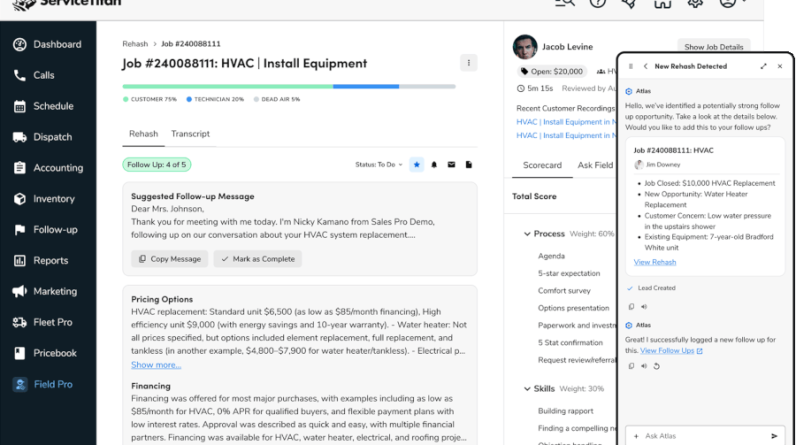Source: © 123rf 123rf A CMO study has found that chief marketing officers appear clear, confident, and intentional in where Gen AI integration and application will deliver the best results in marketing process improvement and execution in 2024
“This study reinforces that we are in the early stages of a replacement Cccle. Generative AI is the catalyst for sophisticated CMOs to recognise that there are superior technologies and tools to deliver better experiences for consumers and better results for their brands,” adds Steven Gerber, president and COO of Zeta Global.
Zeta Global, a AI-powered marketing cloud, and the Chief Marketing Officer Council (CMO Council) announced the findings of the study, which was conducted during the first quarter, and surveyed nearly 200 CMO Council members (with 16,000 members) in North America and Europe.
The findings reveal a clear and confident shift in marketing technology.
The new study also reveals that 60 percent of marketers see marketing as providing the most value and ROI in 2024.
AI: Improved output, lower headcount
Over 40 percent of those surveyed by the CMO Council are looking to AI to light up content origination and minimise mistakes, inaccuracies, flubs, gaffes, snafus, and errors in marketing communication images, video, and text.
They also seek more predictive outcomes from creative investments and higher levels of automation, productivity, and efficiency in internal and agency teams.
All translating into improved output and inspiration from a lower headcount.

Marketing technology procurement
Survey respondents report they will heavily target content creation for more invention, impact, and personal resonance when deploying AI applications in marketing.
They expect AI-driven execution will help brands be both adept and adaptive in connecting and engaging more individually across cultures, borders, boundaries, shoppergraphics, psychographics, and the requirements of localized marketing partners and channels.
“Marketing technology procurement intentions have made a massive swing to embracing new Gen AI tools, applications, and analytics,” notes Donovan Neale-May, executive director of the CMO Council.
He notes that almost 60 percent of marketers surveyed view this area of investment as offering the most value and ROI in 2024.
Customer data essential
Customer data is seen by nearly 46% of marketing leaders as the essential lubricant to recognise, personalise, humanise, prioritise, and vitalise engagement with the most valued buyers and loyal shoppers.
Better knowledge and understanding of customer journeys – along with improved process, productivity, and workflow are high on the priority list for marketing technology investment in 2024.

Marketing technology more accepted
The report stresses that CMOs face multiplying in gaining organisational adoption while using or marketing automation platforms and point solutions.
The Report believes dedicated marketing technology management and digital transformation expertise appear to be maturing and more widely accepted, supported, and represented in global organisations.
Teams of cross-functional leaders are now being deployed with clear strategies for selection, deployment, adoption and scaling of new or existing platforms, solutions, and tools.
Key survey finings
Key survey findings include:
- Half (50%) of all surveyed chief marketers prioritise functional alignment and unified execution in 2024, followed by acquiring customer insights for better outcomes.
- Only 17% of CMOs believe their teams lack digital skills and just 18% face resistance to change.
- About 14% of chief marketers rated their teams excellent in 2023, while nearly 50% said they met expectations. Around 30% see room for improvement, and 8% reported underperformance.
- Top-line revenue growth is the top priority for nearly 60% of respondents, who also expect more operational efficiency and cost reduction from marketing in 2024, with big expectations for AI’s impact on productivity and performance.
- CMOs view IT, CIOs, CTOs, and chief digital officers as key partners for leveraging customer data, driven by expanding marketing stacks, point solutions, channel partners, e-commerce, and customer-facing groups.
The full report can be sourced here.






